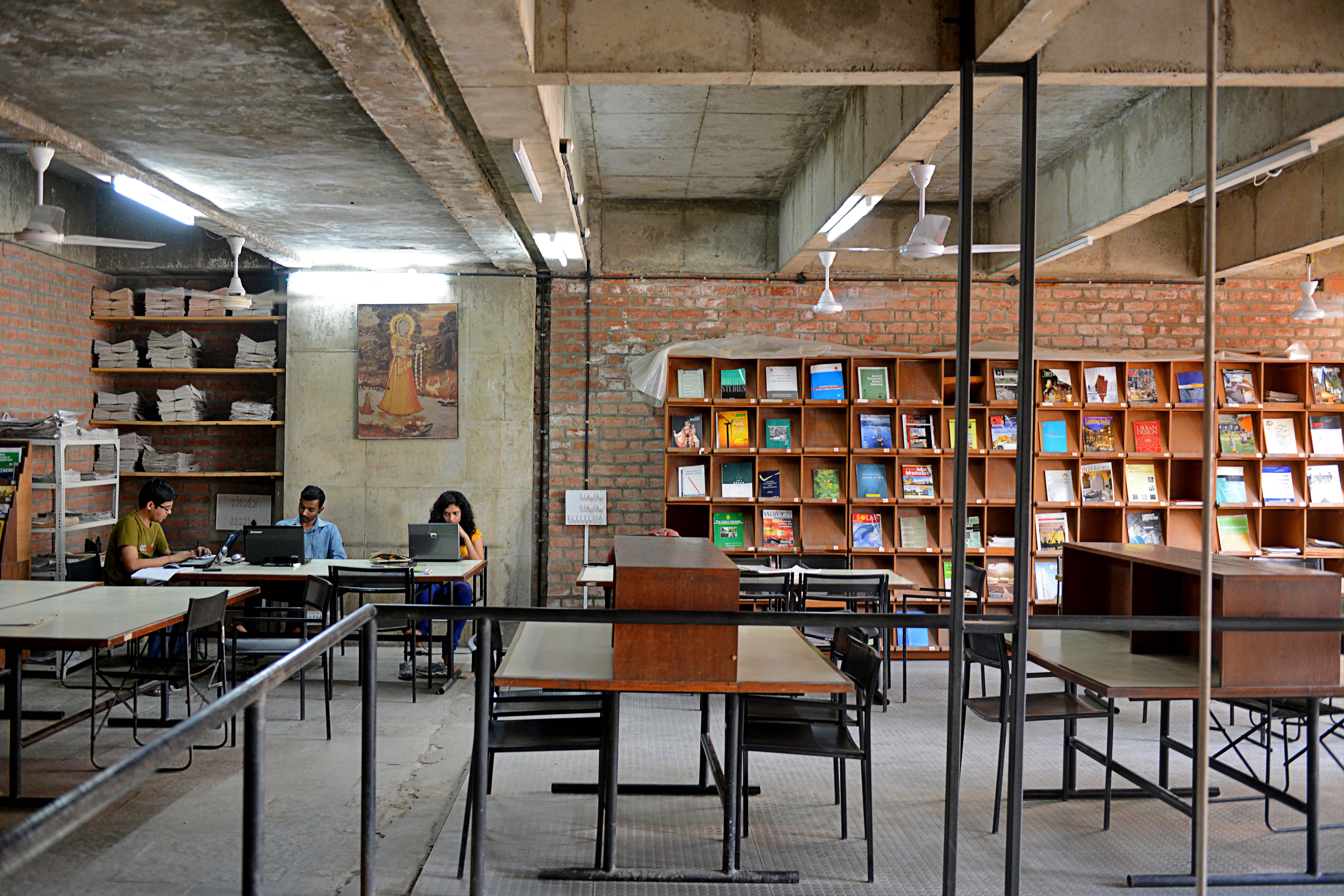How Gujarat Colleges Are Using Solar Power to Save Lakhs in Electricity Bills Every Month
These institutes only have to pay for the difference in power supplied to the distribution company and the power used by them.

Colleges in Gujarat are no longer paying hefty electricity bills, all thanks to the sun. After St. Xavier’s College installed 238 solar panels, with a maximum capacity of 75 kW, it’s electric bills have gone down from Rs. 1.92 lakh to Rs. 10,000 a month.
Father Robert Arockiasamy, principal of St. Xavier’s College, says the solar power is transferred to Ahmedabad-based Torrent Power’s grid. He told The Times of India, “We have to pay only the difference between power supplied to Torrent and the power used by us.”
Gujarat Energy Development Agency (GEDA) has installed these panels in other colleges as well.
Dr. J.M. Vyas, director general of Gujarat Forensic Science University, said that the university’s daily electricity consumption was around 360 kilowatt-hours (kWh). Of this requirement, 250 kWh comes from solar panels. The institution has managed to save 70% on electricity bills.
“GFSU’s new campus uses LED lights extensively. Classrooms, laboratories and offices are also designed to maximise the use of sunlight,” says Vyas.
CEPT University also runs on solar energy.

Photo source: cept.ac.in
Nearly 40 kW of energy is generated here. This has helped the institute save Rs. 2 lakh a month.
“Under the new solar policy, any surplus energy generated and exported after adjustment of the consumption at the end of the billing cycle shall be purchased by the concerned distribution company. This will benefit the distribution companies by helping them fulfill their renewable energy purchase obligations. The Gujarat Solar Policy – 2015 acted as a catalyst for the process. The policy aims to increase the net solar power generation capacity of Gujarat to 10,000 MW by 2020,” says Gujarat Energy Development Agency director J.T. Akhani.
Featured image source: smartcity.eletsonline.com
Like this story? Or have something to share? Write to us: [email protected], or connect with us on Facebook and Twitter (@thebetterindia).
This story made me
- 97
- 121
- 89
- 167
Tell Us More
We bring stories straight from the heart of India, to inspire millions and create a wave of impact. Our positive movement is growing bigger everyday, and we would love for you to join it.
Please contribute whatever you can, every little penny helps our team in bringing you more stories that support dreams and spread hope.


















